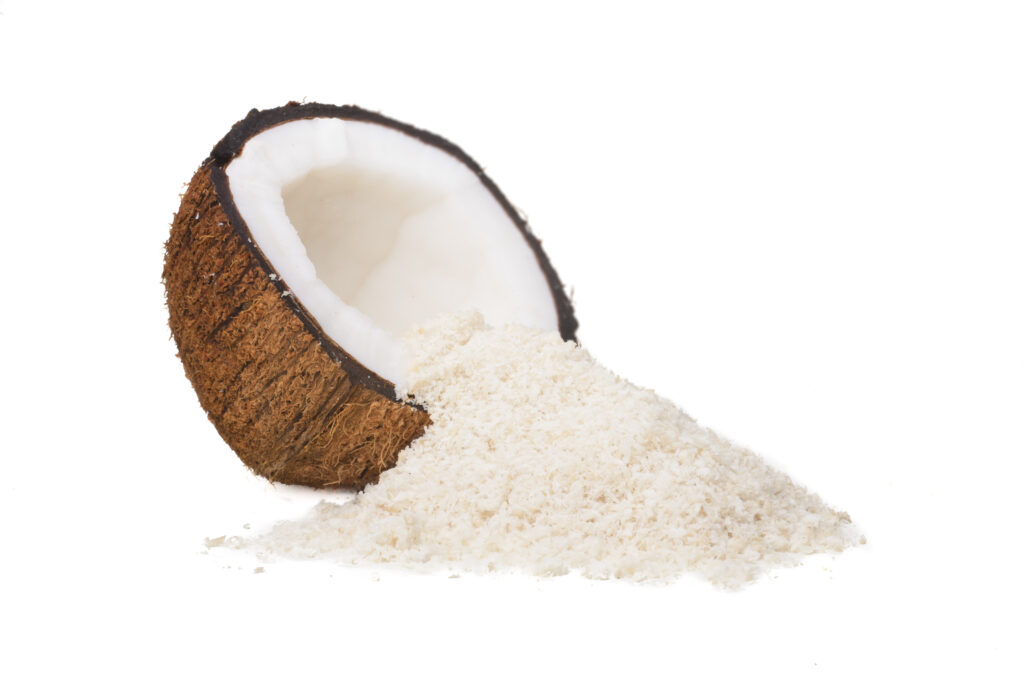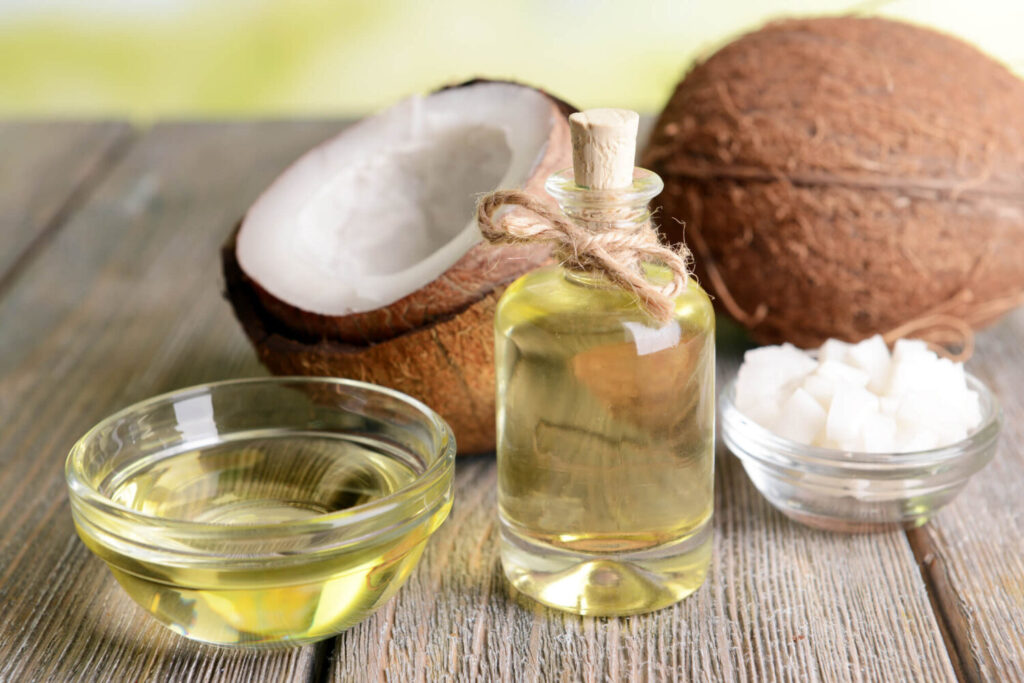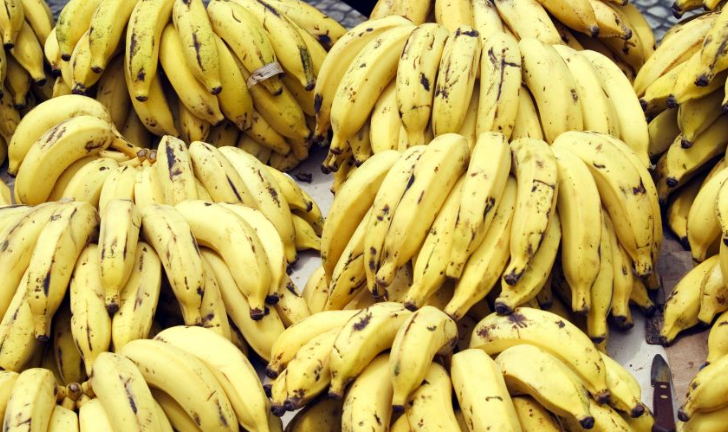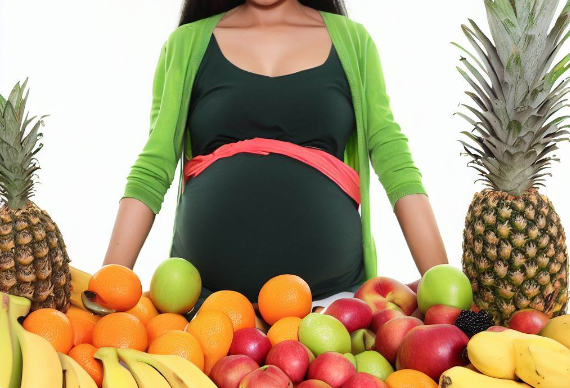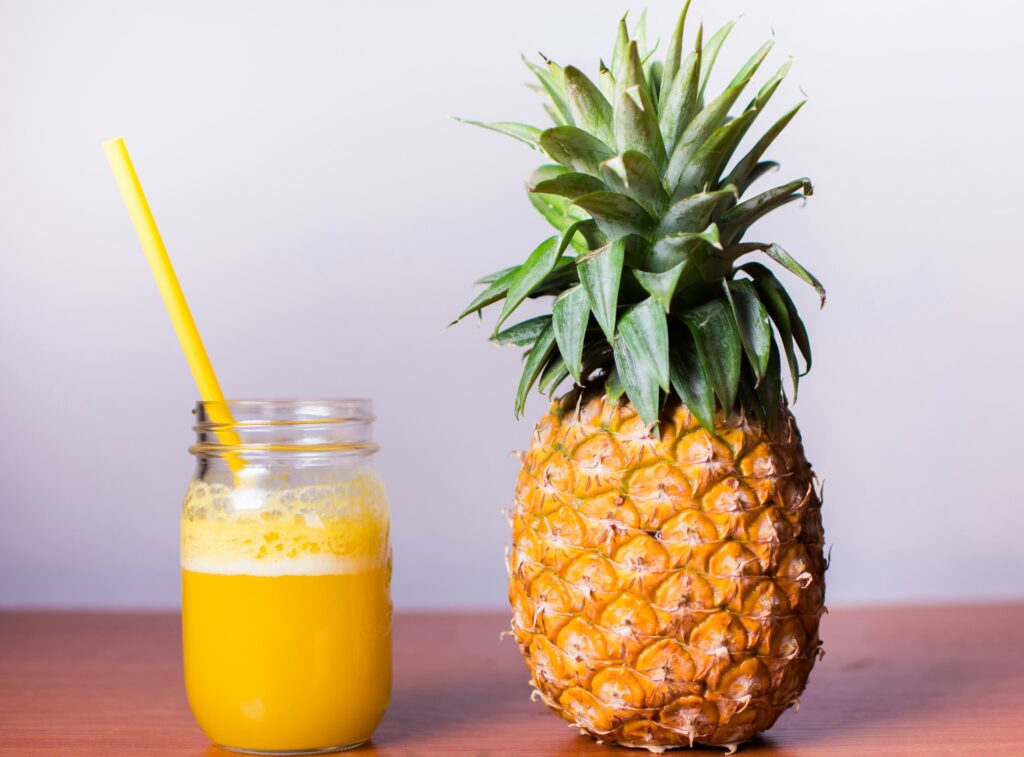Mangoes are super tasty tropical fruit, and lots of people love to eat them, often during hot summer days. But, some folks get tummy troubles like diarrhea when they eat a bunch of mangoes. What’s the reason – does eating a lot of mangoes actually lead to diarrhea? We’re going to look into this more.
Table of Contents
Can Eating Too Many Mangoes Cause Diarrdehyde?
Yes, it’s true, munching on too many mangoes can give you diarrhea. Mangoes have plenty of fruit sugar, called fructose, and lots of fiber as well. These can make your digestion work harder than normal, pull extra water into your guts, and make your stool soft and watery. People who can’t handle fructose very well are even more likely to get diarrhea if they eat lots of mangoes.
How Mangoes Affect Digestion
Mangoes have two types of fiber – soluble and insoluble. Insoluble fiber can’t be broken down, so it soaks up water while moving through your gut. This water helps make your stool soft and gets your bowels moving, which is a good thing for avoiding constipation.
But, mangoes also have fructose. Eating too much fructose can be tough for your body to fully soak up. The leftover fructose goes to the large intestine and pulls water into your colon, working like a laxative.
The fiber and fructose from mangoes are what can lead to runny stools and diarrhea when you eat a lot of them.
Fructose Malabsorption
Some individuals don’t digest fructose and other similar sugars well because of a thing called fructose malabsorption or FODMAP sensitivity. If that’s you, then even a couple of mangoes might cause diarrhea.
For these people, the sugars from mangoes can ferment in the large intestine, making gas, bloating, and loose stools. So, those with this issue should watch how many mangoes they eat.
Personal Tolerance Varies
How much mango leads to diarrhea can really vary from person to person. Those with fructose malabsorption or conditions like IBS (Irritable Bowel Syndrome) might have problems even with small amounts, while others can handle more without any trouble.
Different things affect how much mango you can eat, like:
- How well you absorb fructose
- How sensitive you are to insoluble fiber
- If you’re drinking enough water
- What your gut bacteria are like
- If you have any stomach or gut conditions
A person who drinks a lot of water, has happy gut bacteria, and no digestive problems can probably eat more mangoes than someone who has issues like a sensitive stomach and trouble with fructose.
Tips for Preventing Mango-Induced Diarrhea
If you like mangoes but don’t want them to upset your stomach, here’s what you can do:
- Don’t eat too many mangoes at once.
- Sip lots of water and drinks without caffeine when you eat mangoes to help with digestion.
- Have mangoes with other food instead of eating them on an empty stomach.
- Combine mangoes with foods that have soluble fiber, like oatmeal or yogurt.
- Pick mangoes that are not fully ripe since they have less sugar.
- Stay away from fruit juices or smoothies that have added mango or fructose.
Wrapping Up
Mangoes are tasty and good for you, but eating a lot can cause diarrhea, particularly if your body can’t handle fructose or if your stomach is sensitive. By enjoying reasonable amounts, drinking enough water, and pairing mangoes with other kinds of food, you can help dodge trips to the bathroom. You can still love eating mangoes as part of diverse meals. Just keep an eye on how much you eat if they start causing stomach issues.
